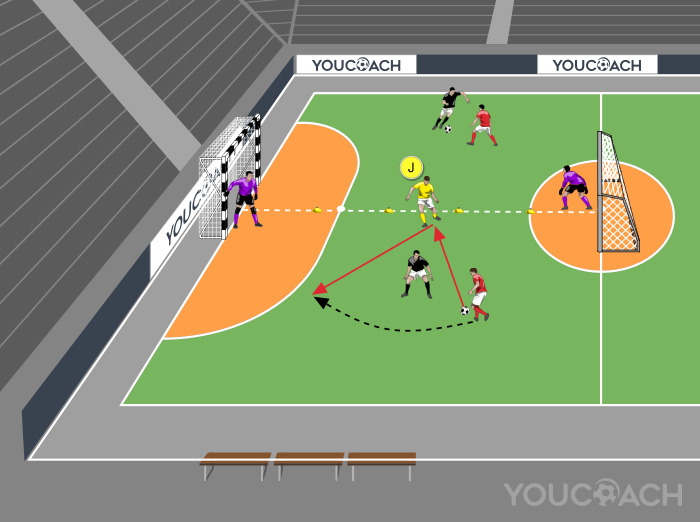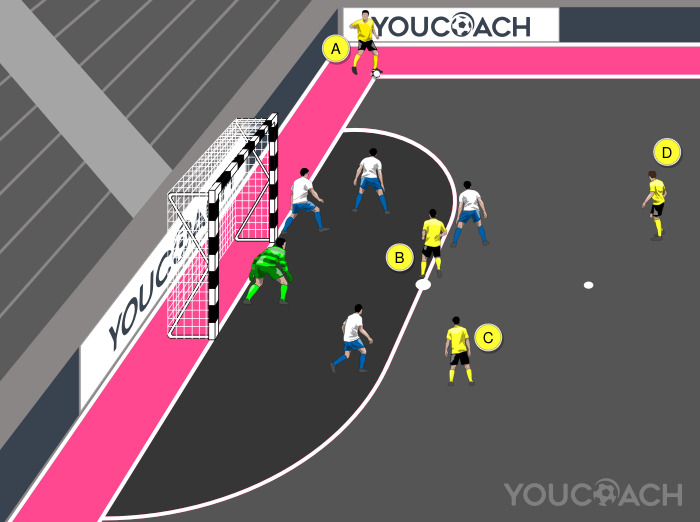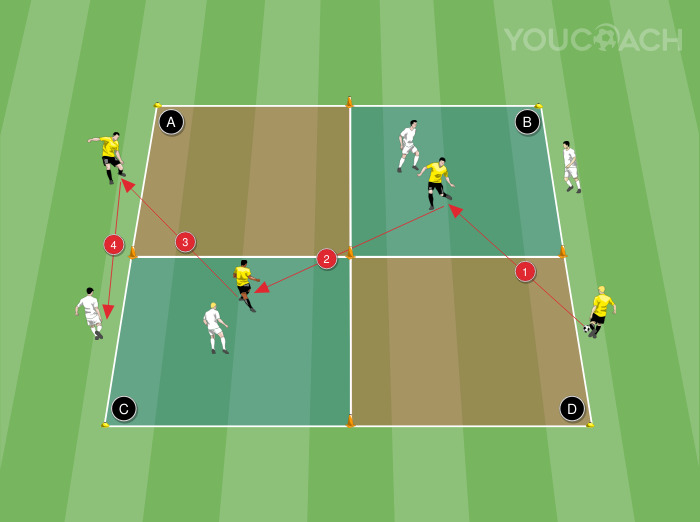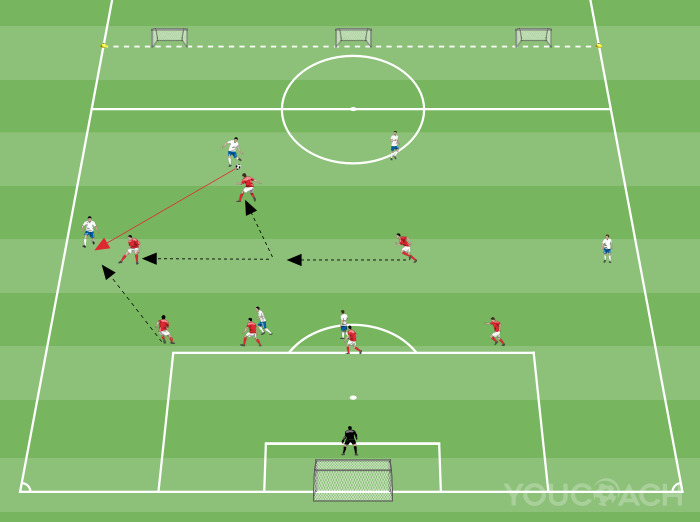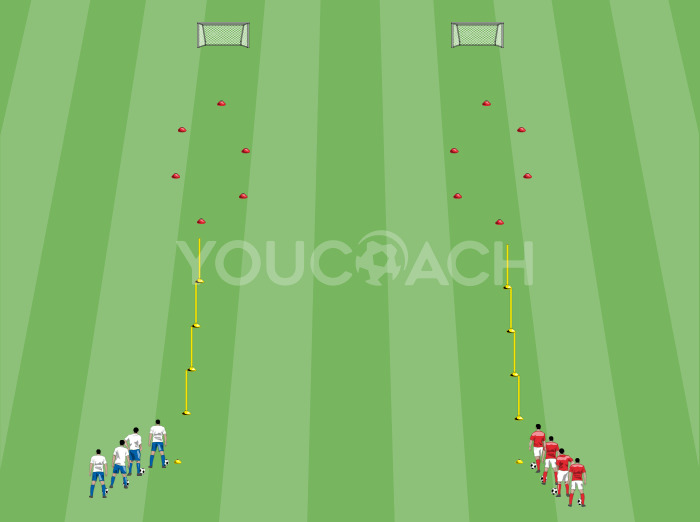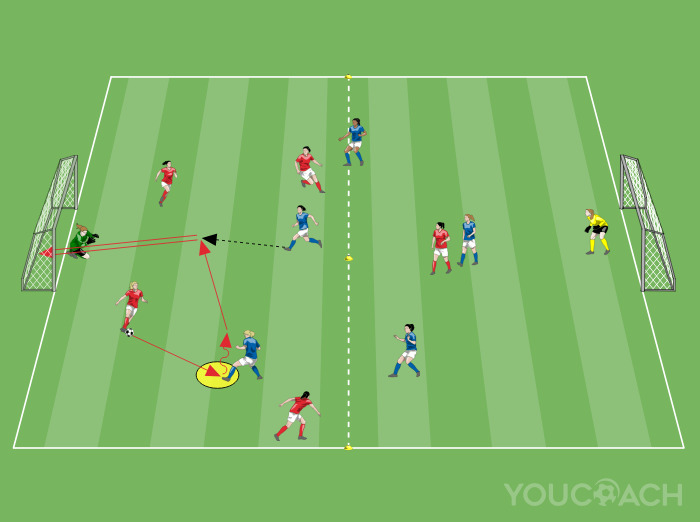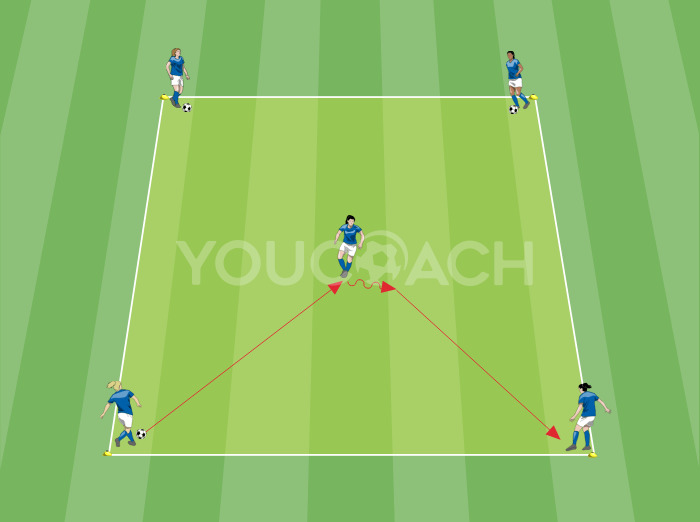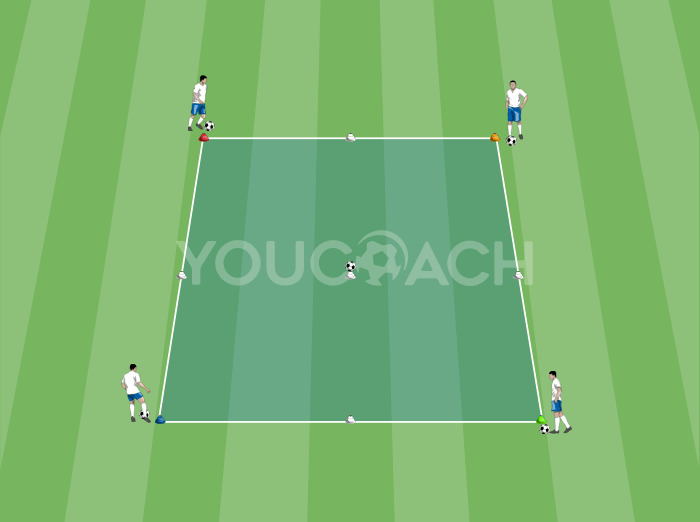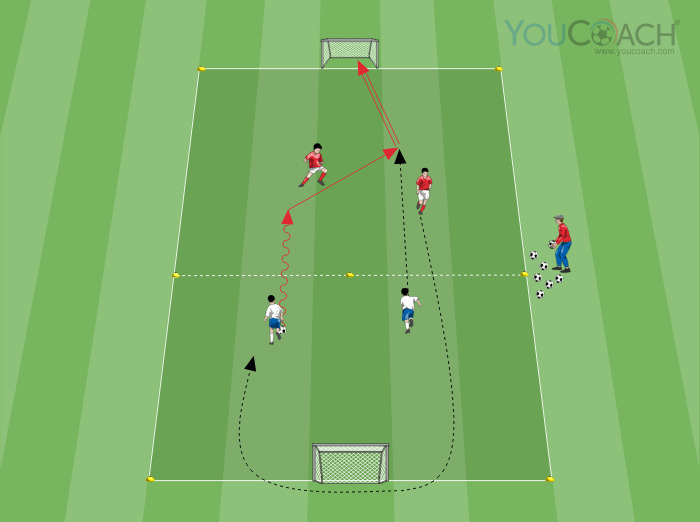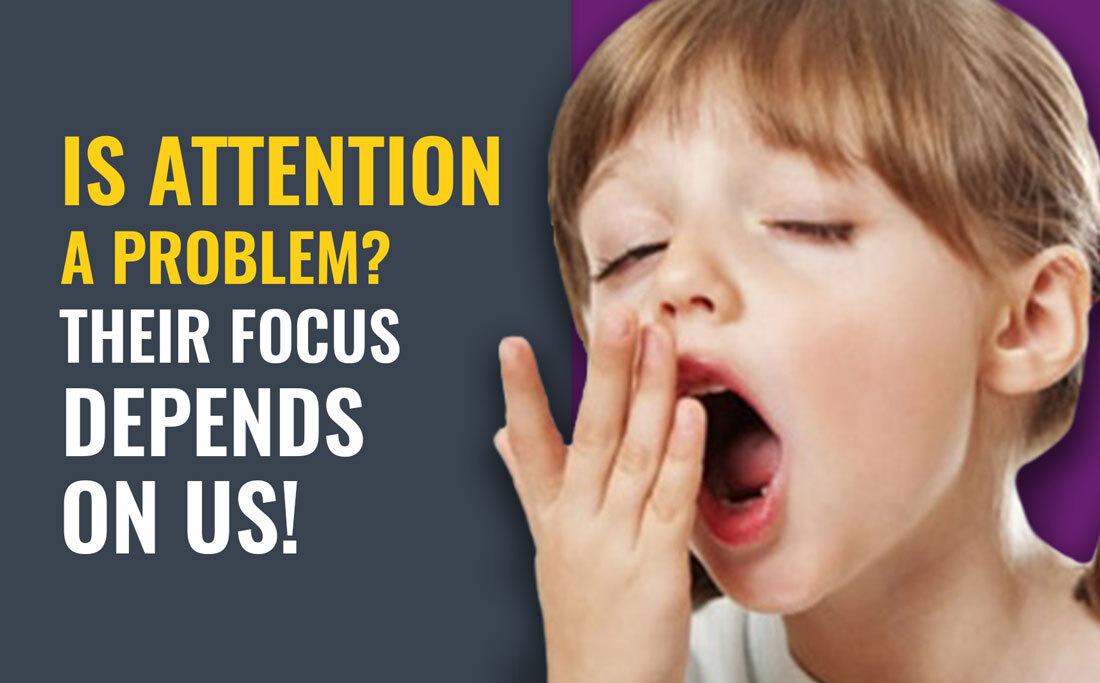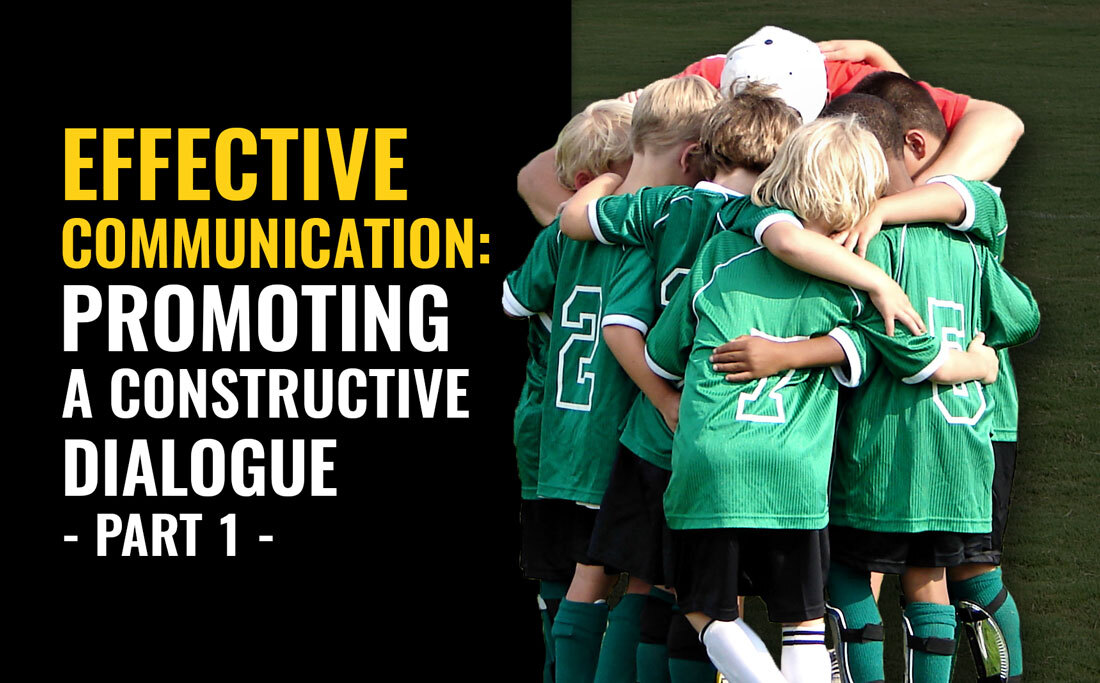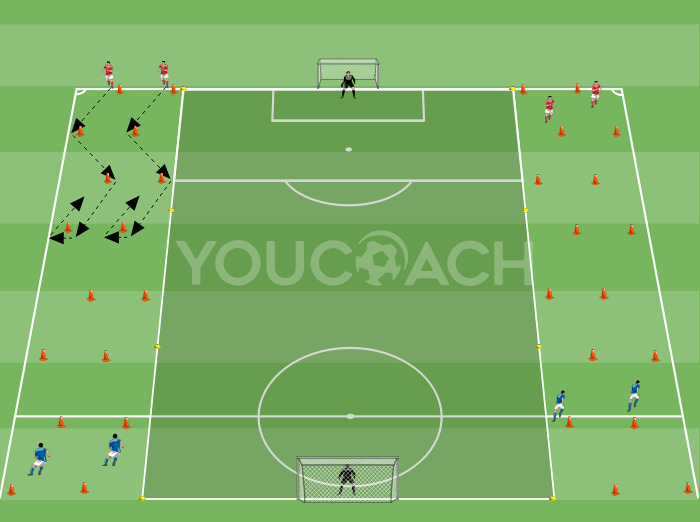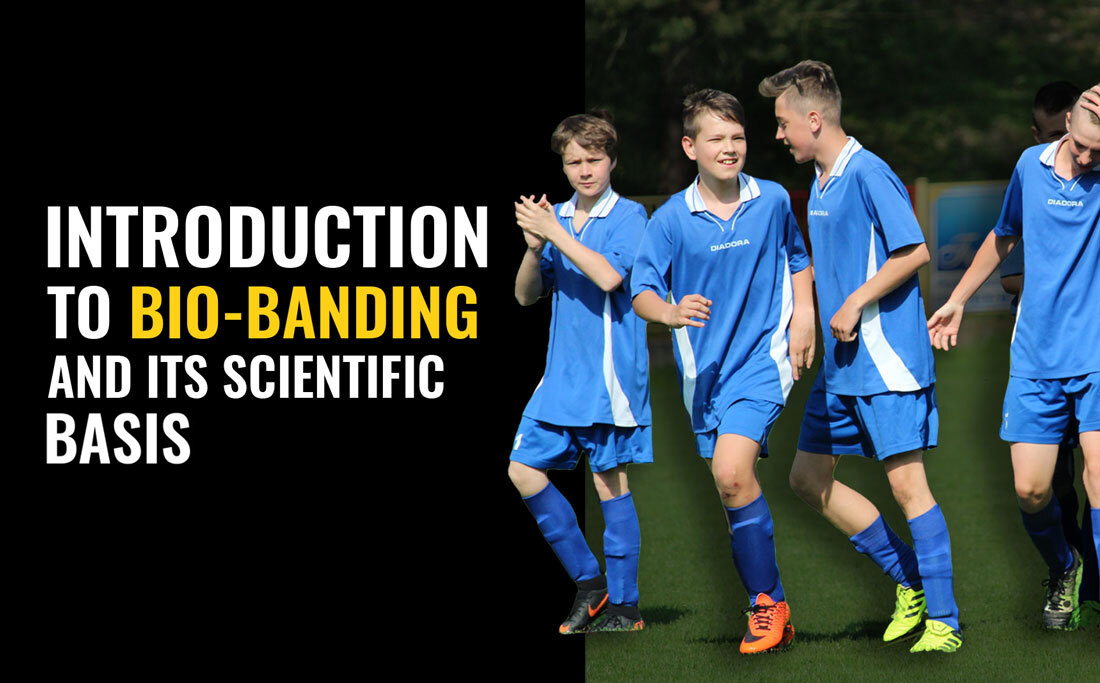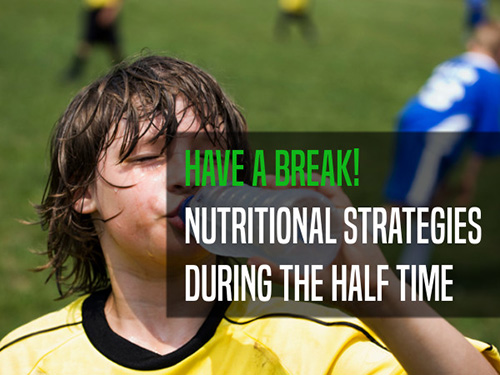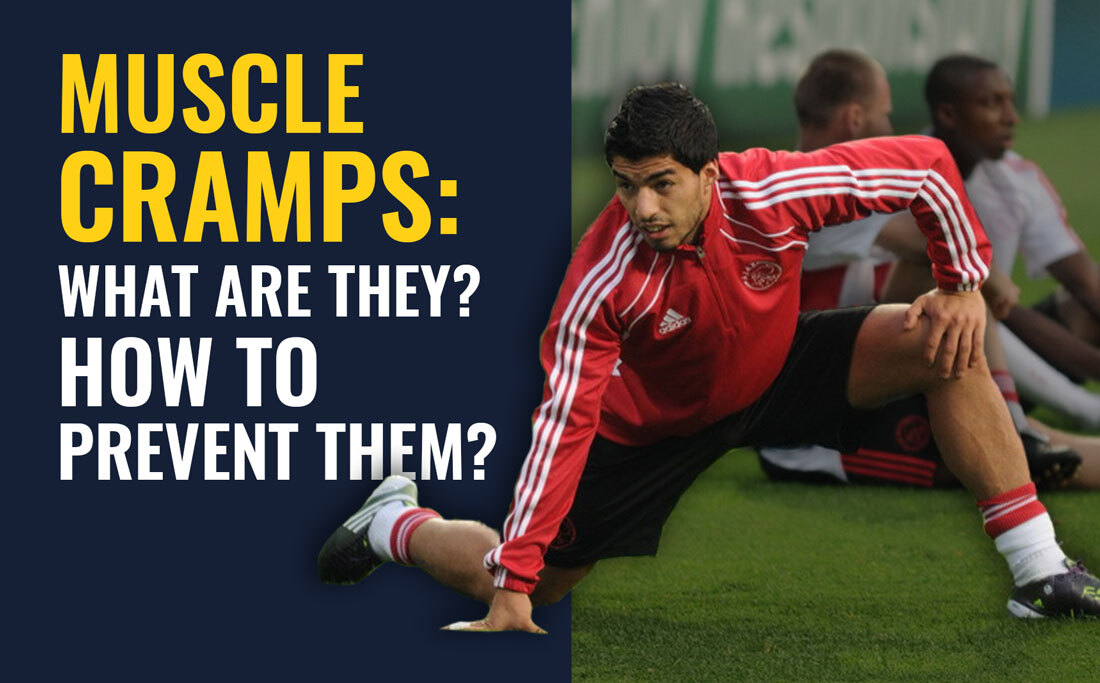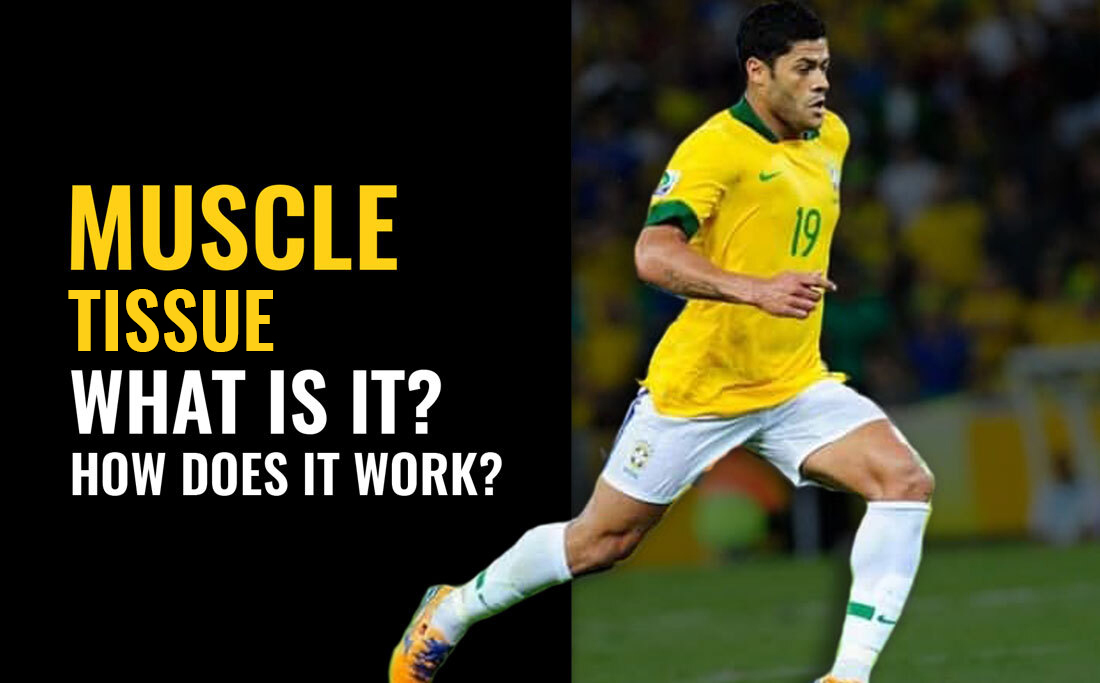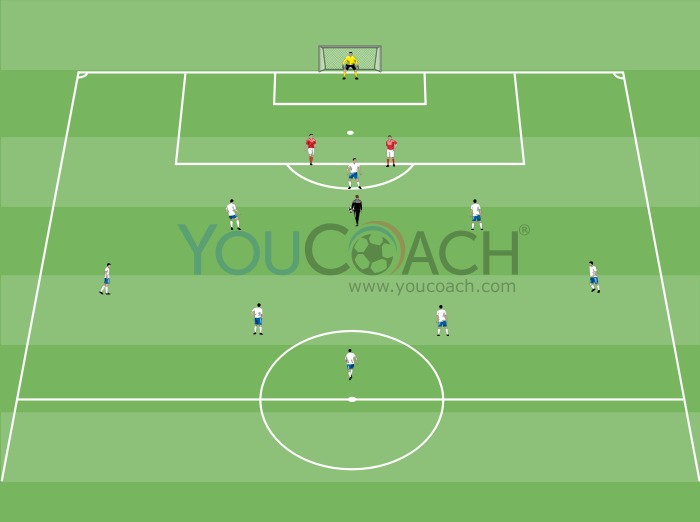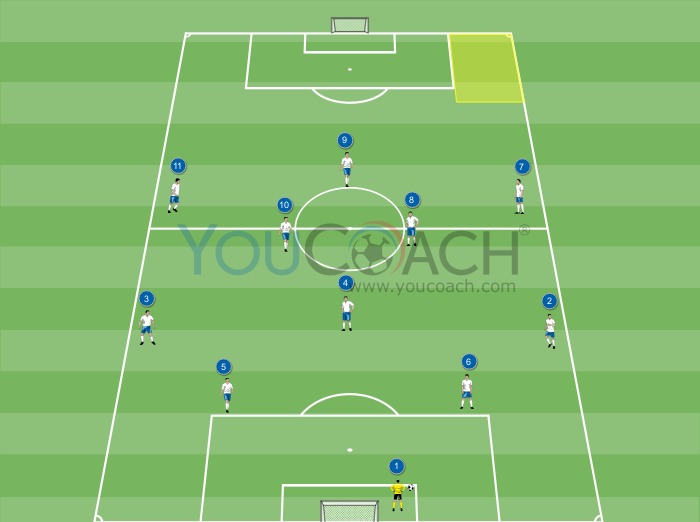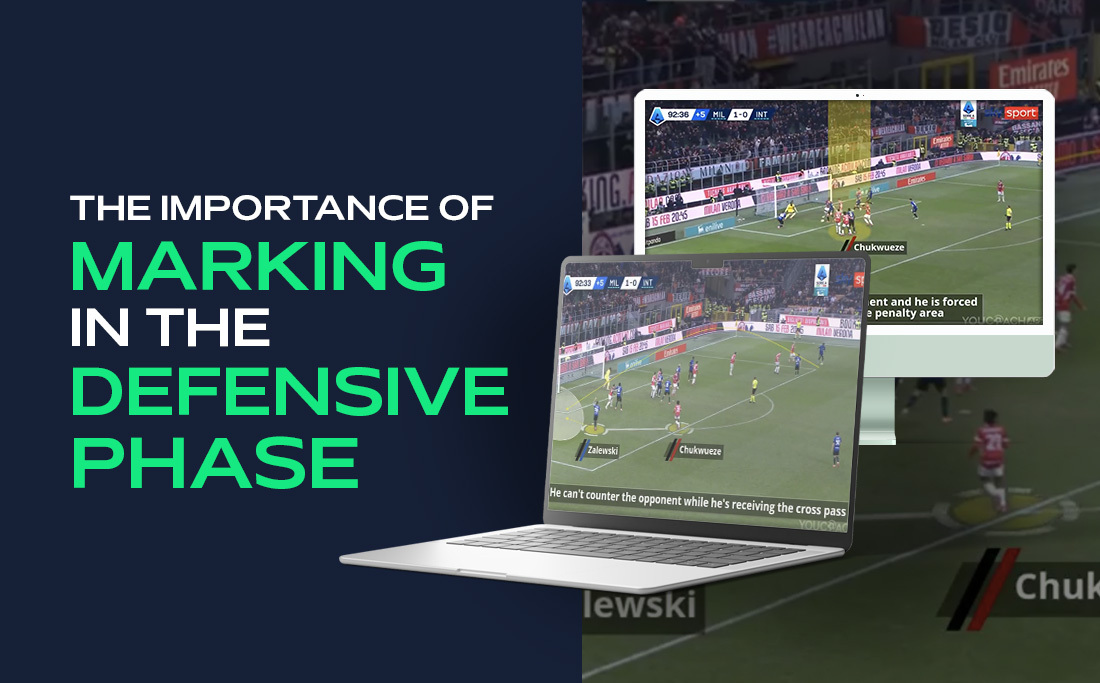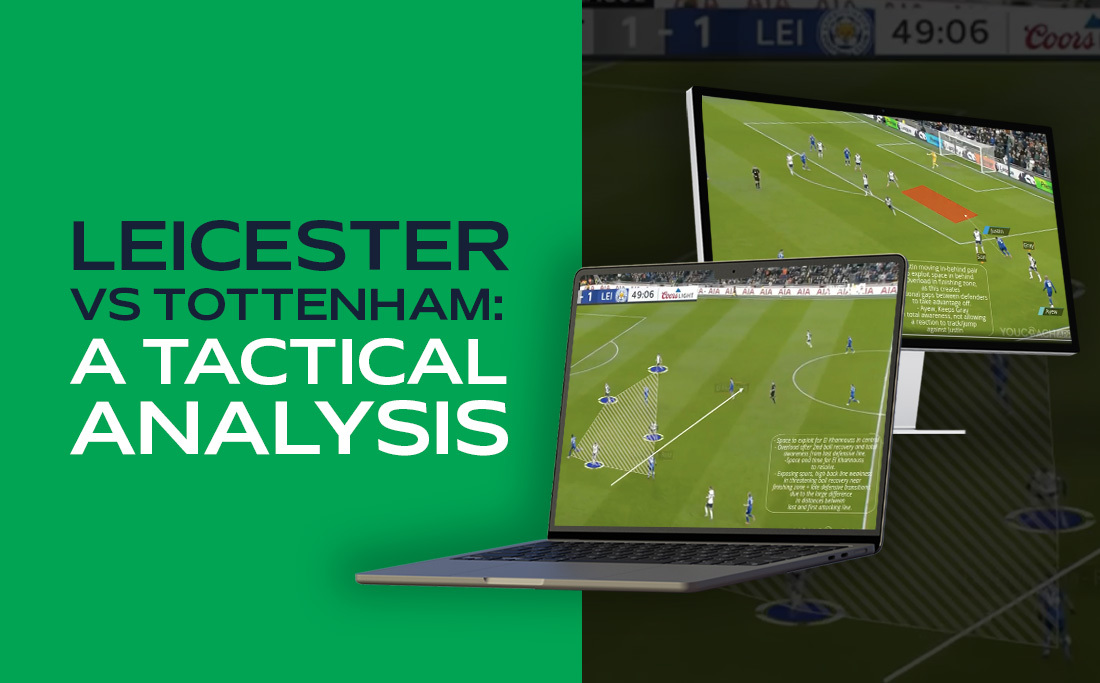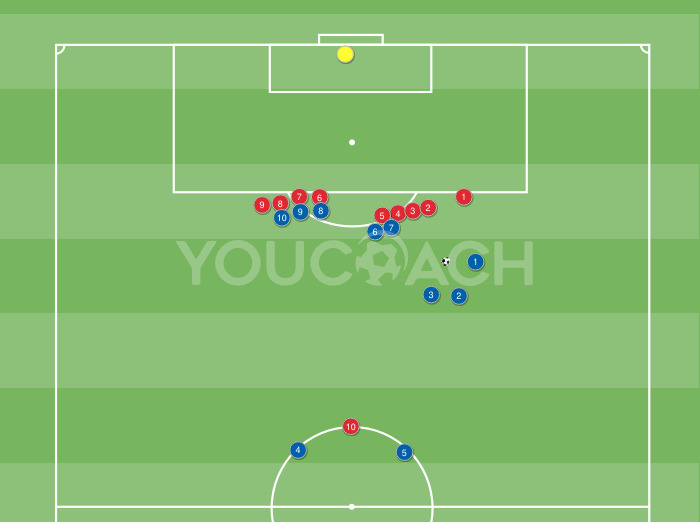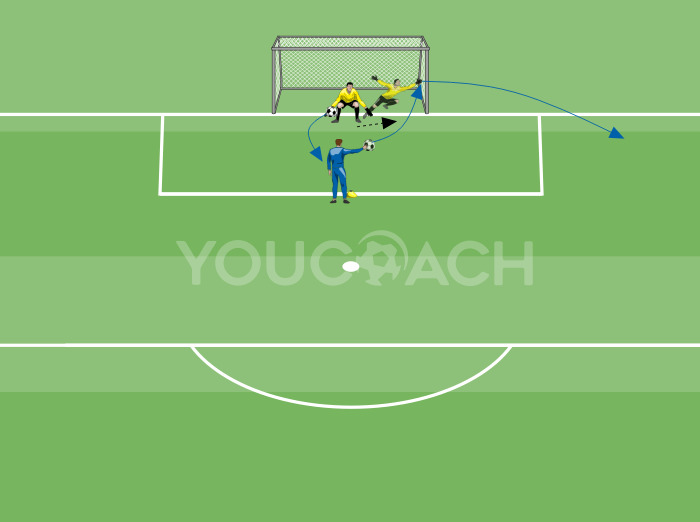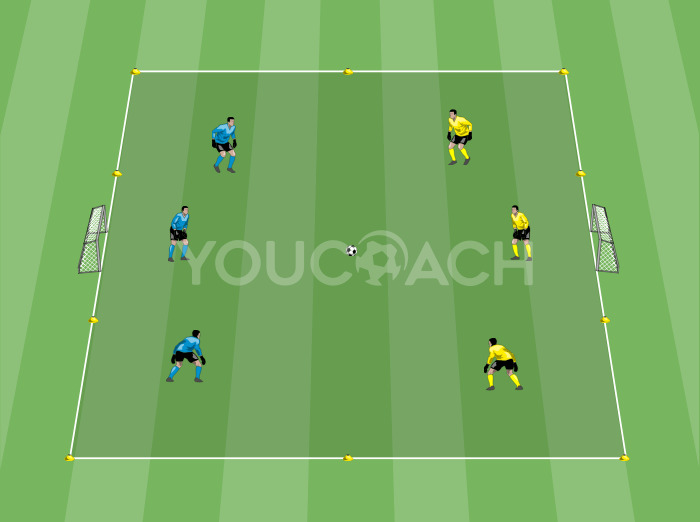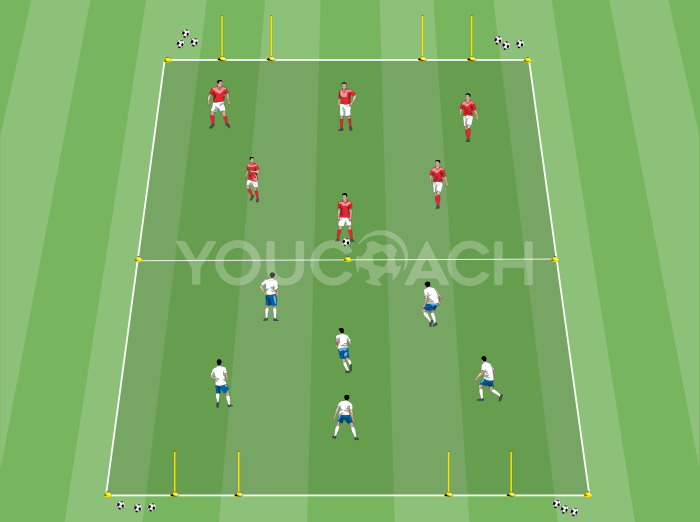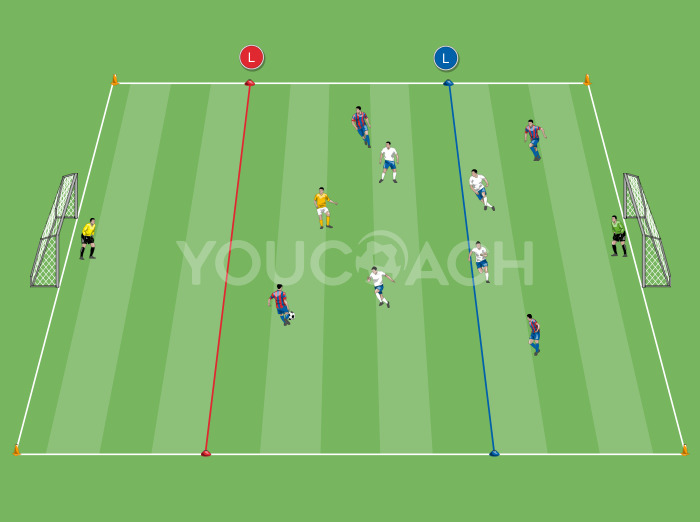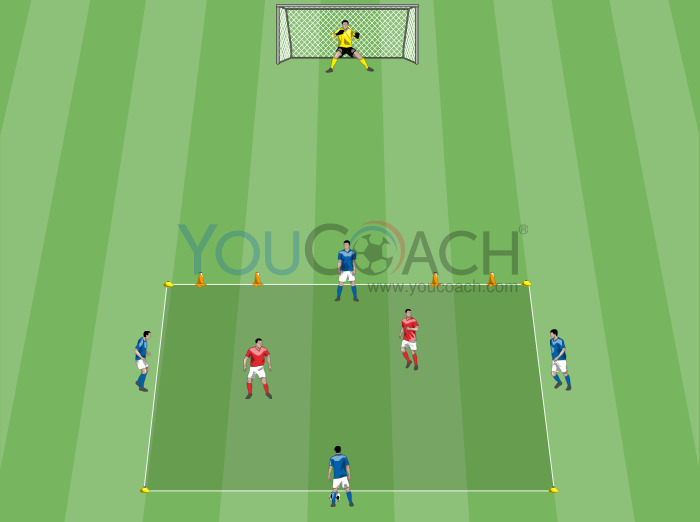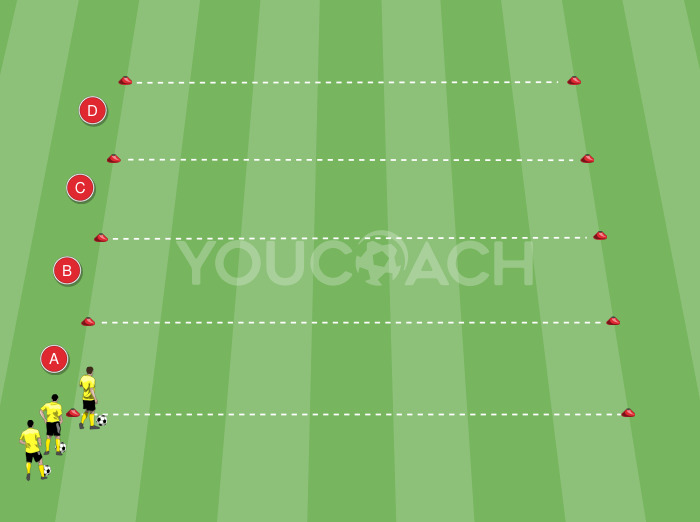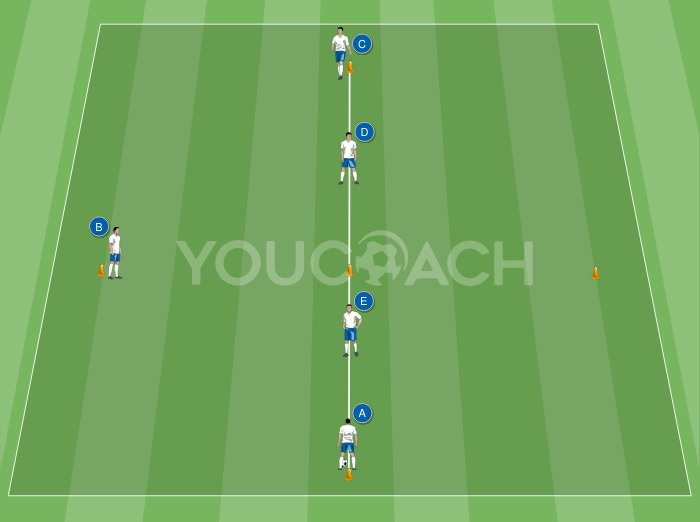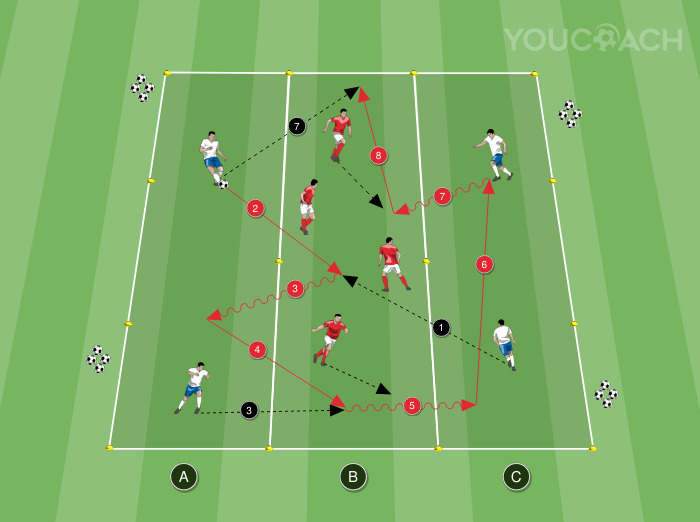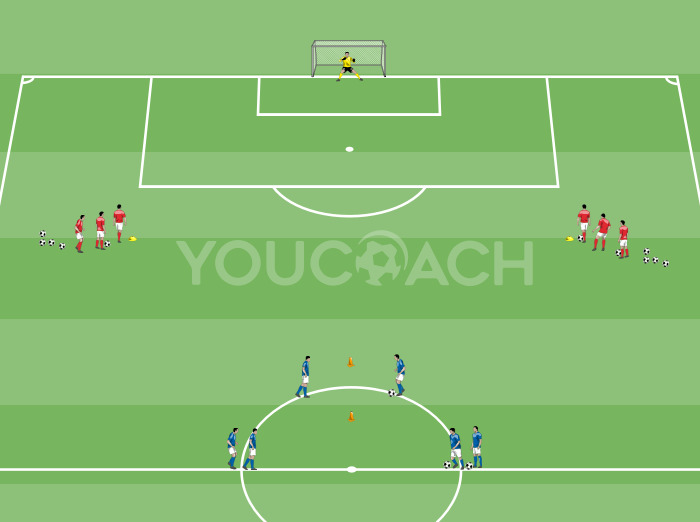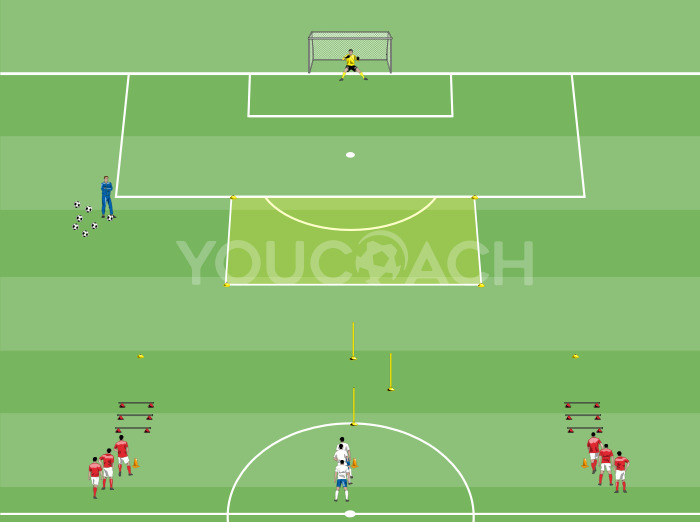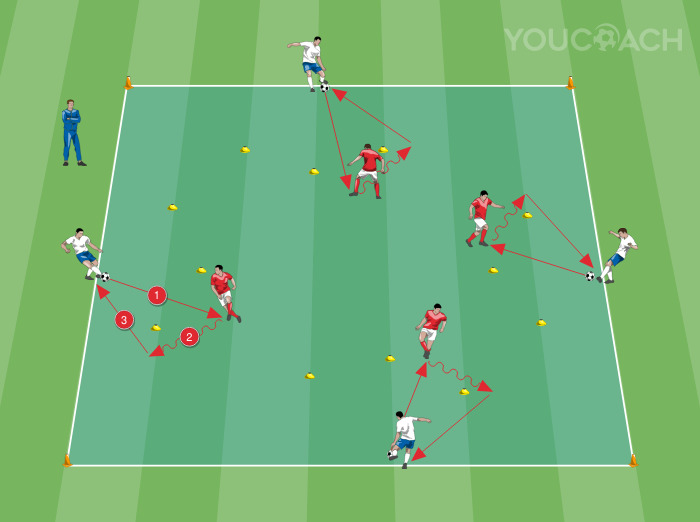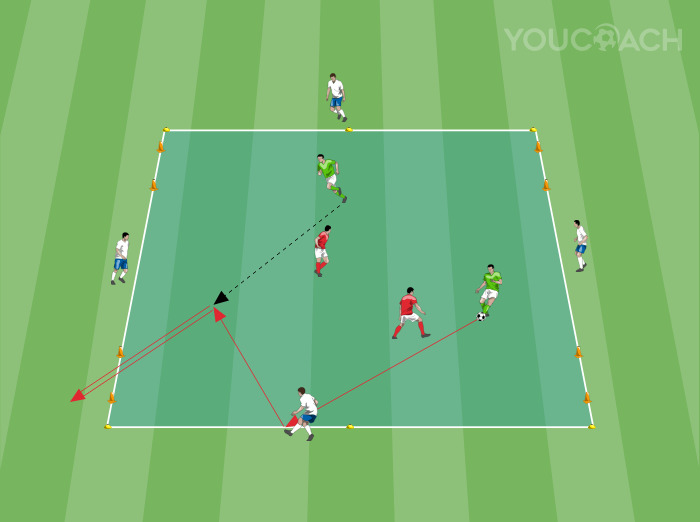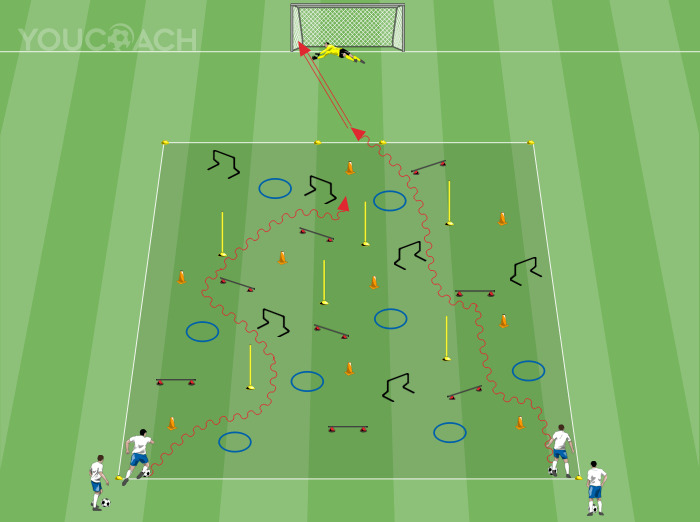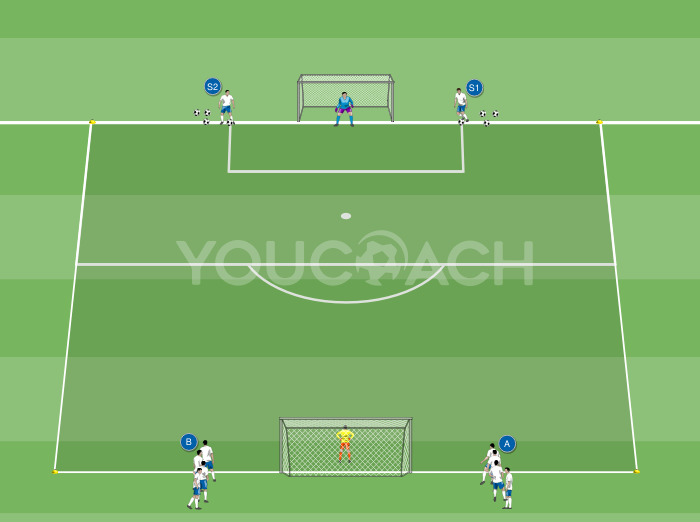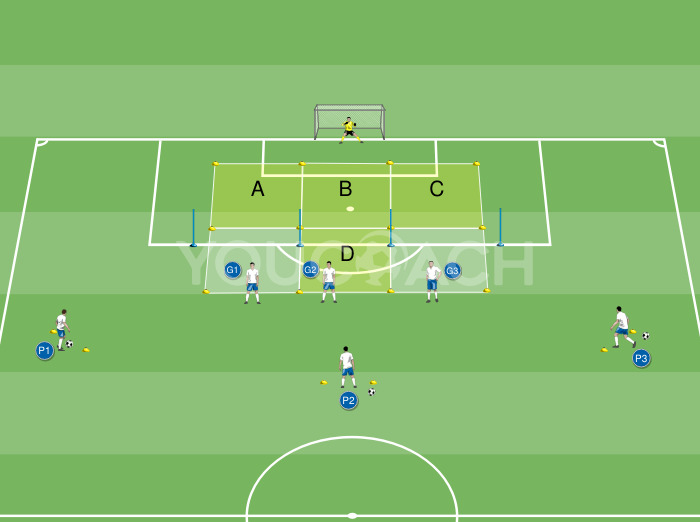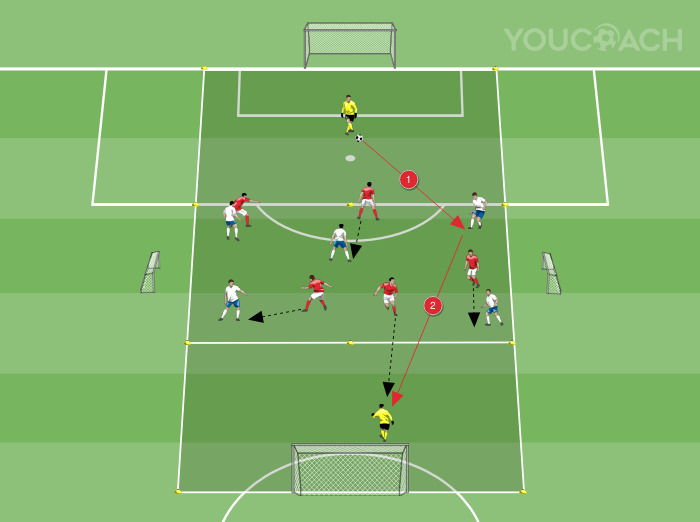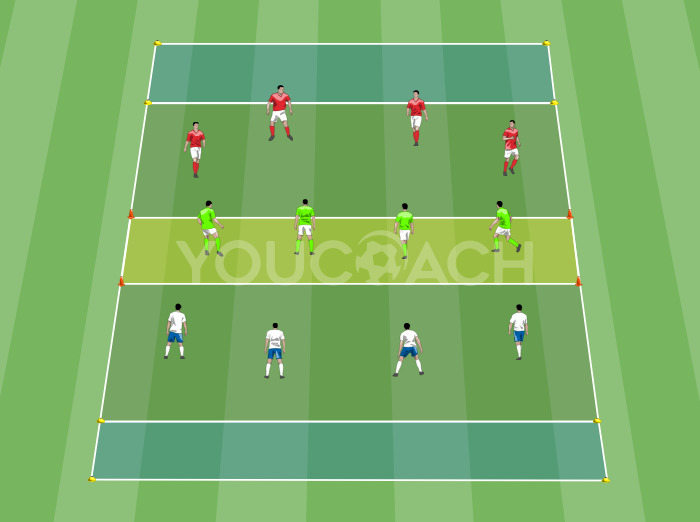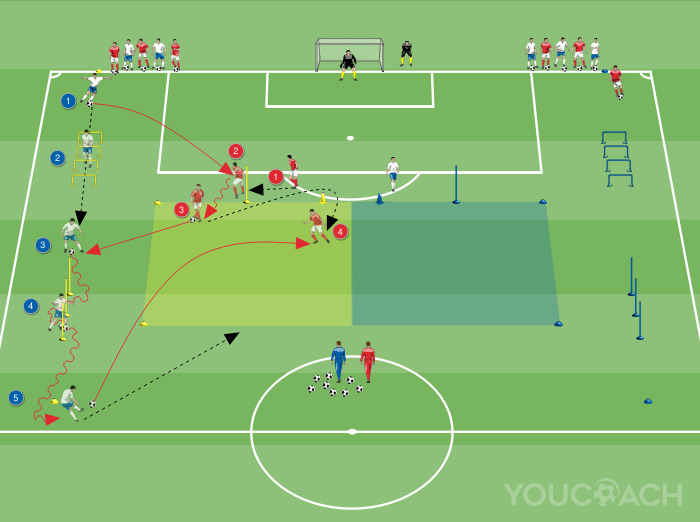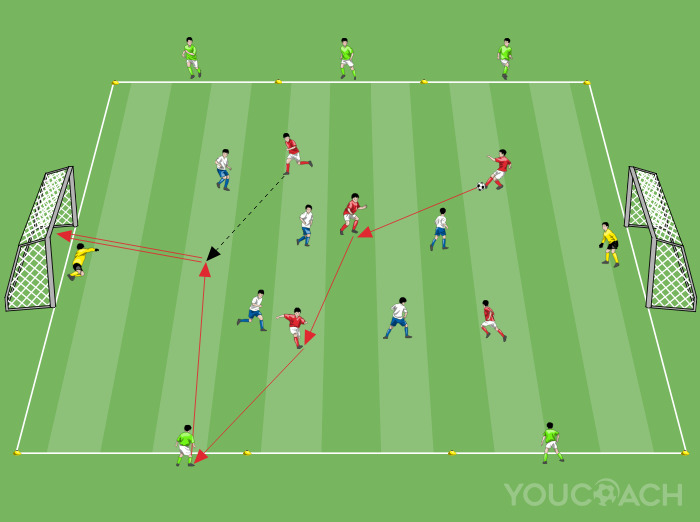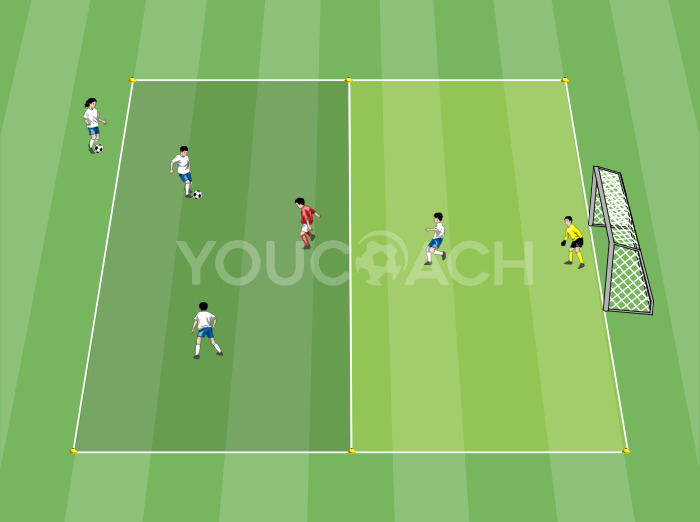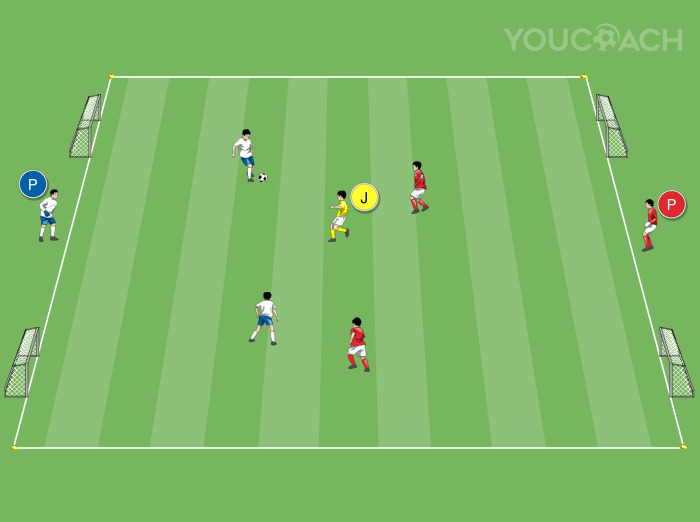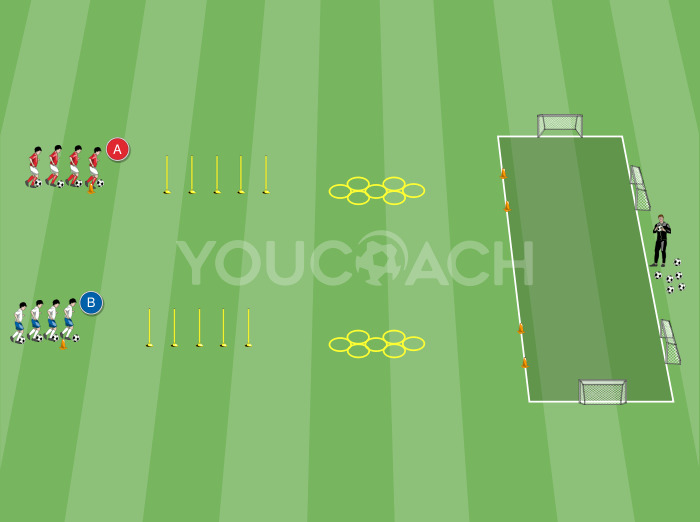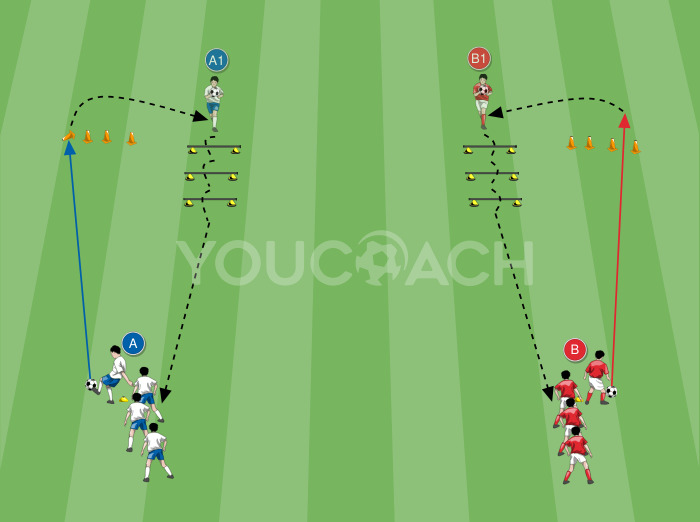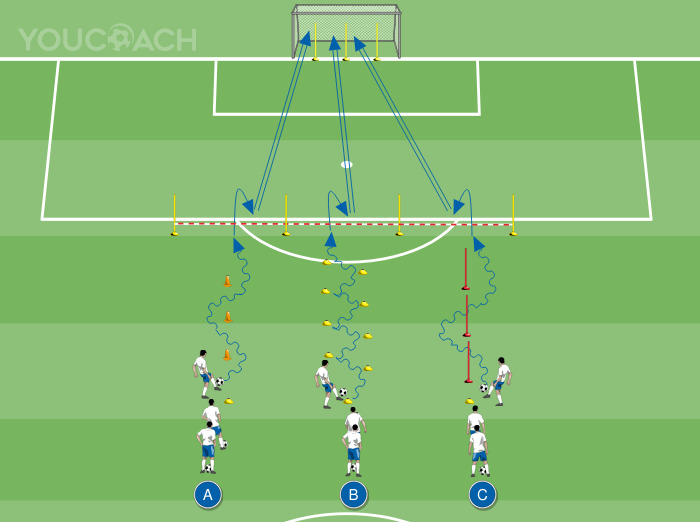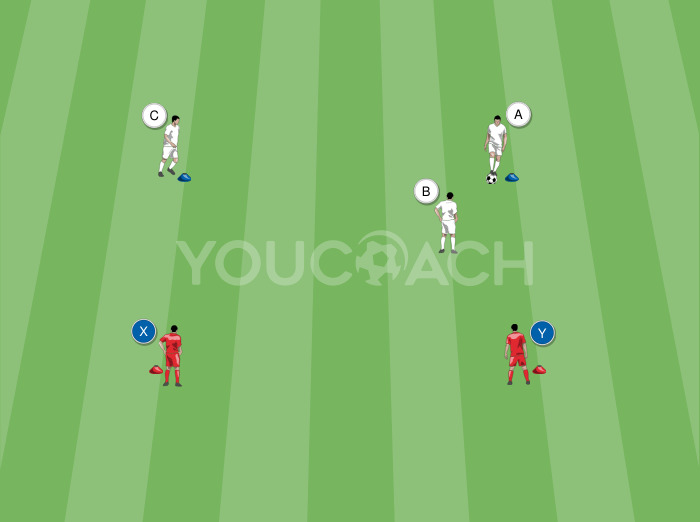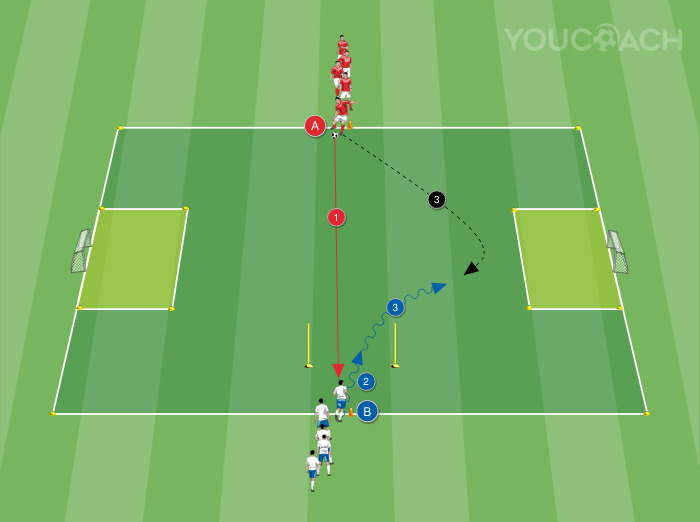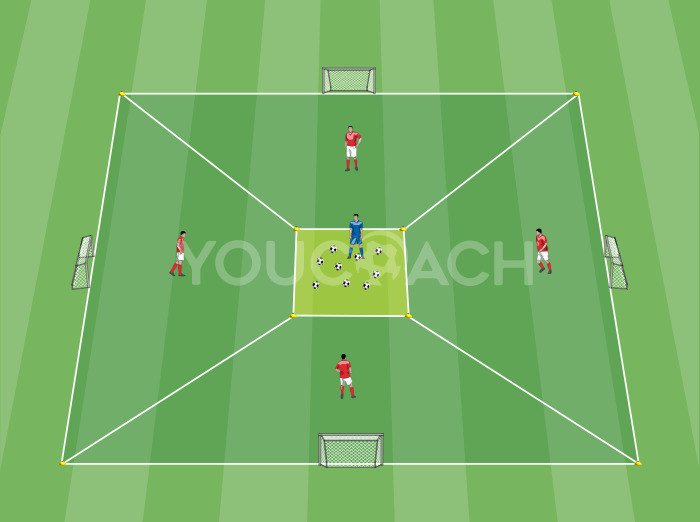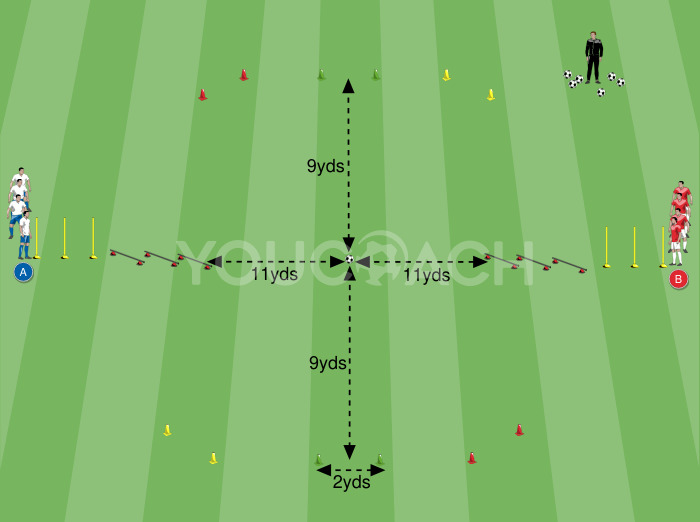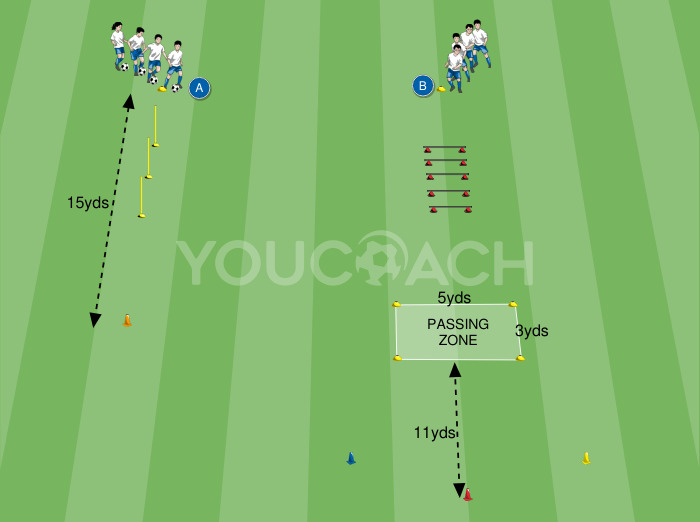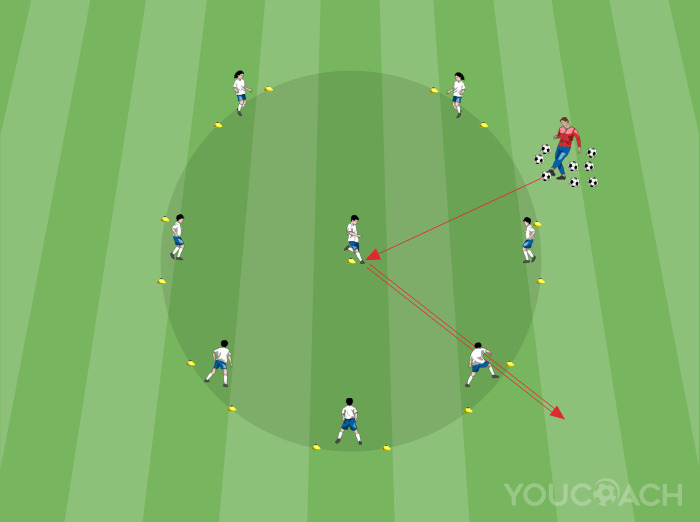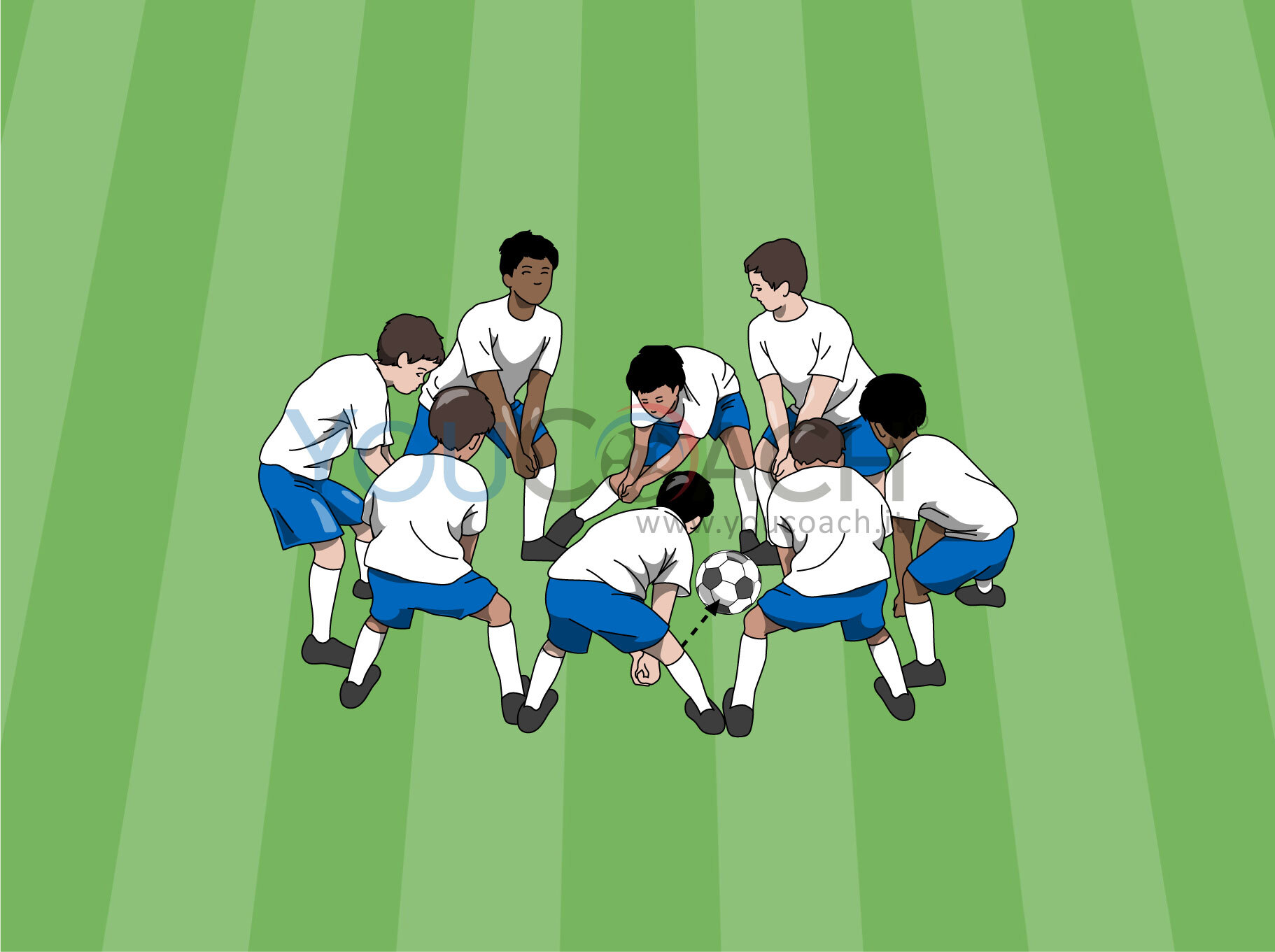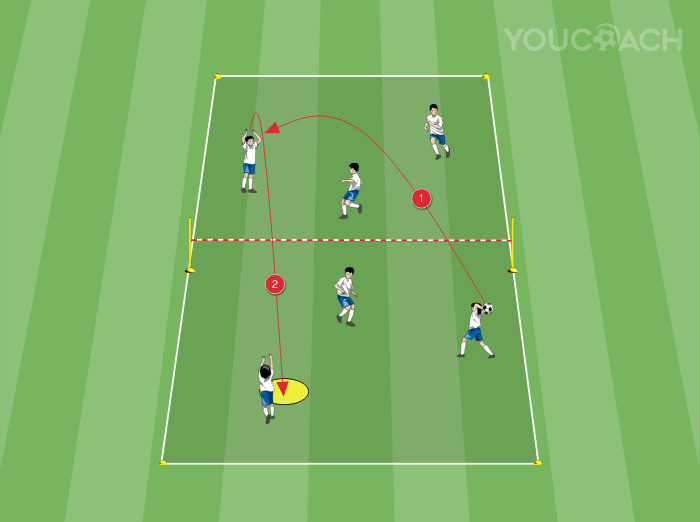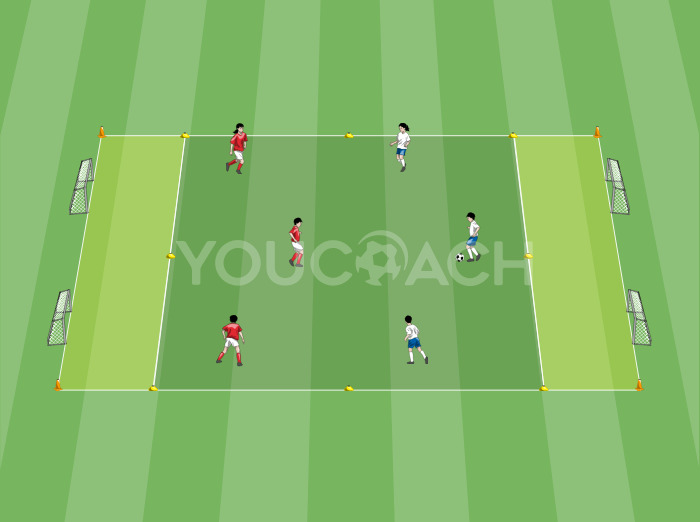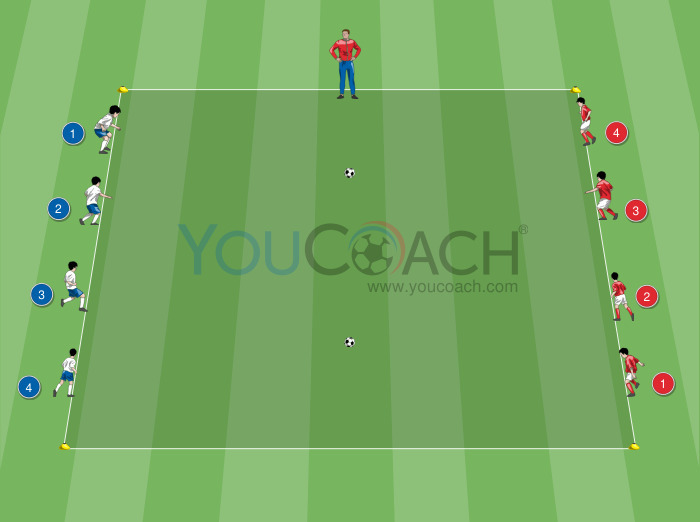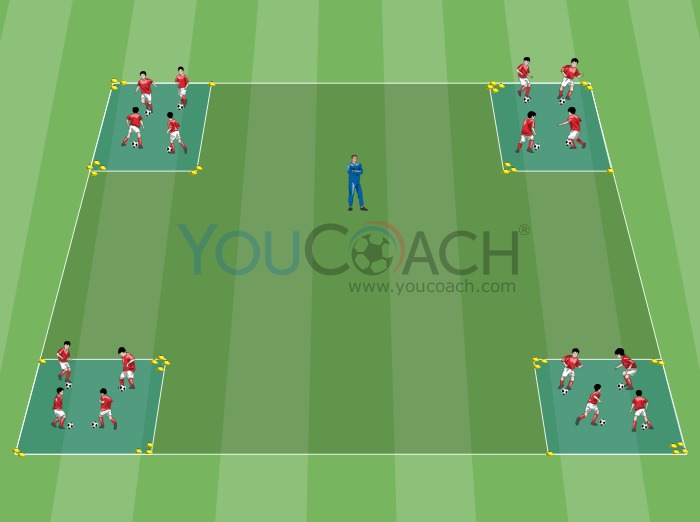Variables affecting attention
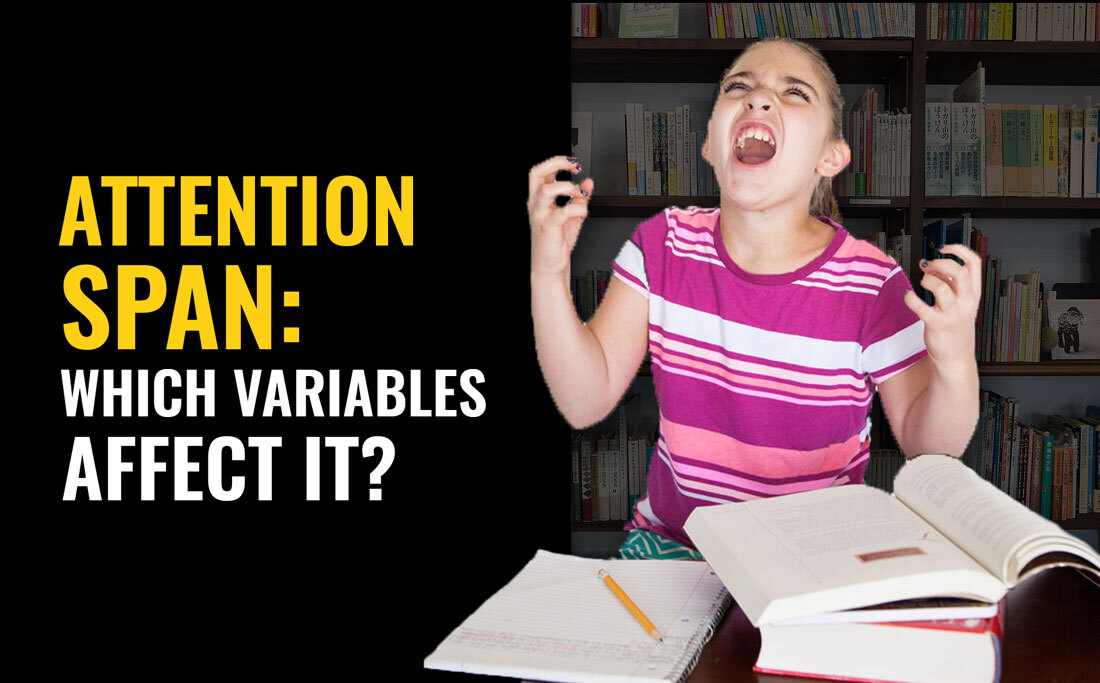
|
In this article we will examine factors that impact the attention skill |
Now I'd like to talk about the different variables that impact the attention span. The goal is to get an idea of what can undermine this cognitive process.
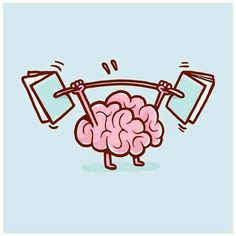
First and foremost, attention is a cognitive skill that needs its time to mature, with the right amount of:
- time
- patience
- respect
in order for it to develop correctly.
It is a gradual and continuous process that stops with adulthood and reduces during old age. This means that it's important to stimulate this natural process's development, and on the other hand we need to slow down its decline by keeping the brain active!
There are also aspects linked to emotional and psychological dimension that can encourage or discourage attention span development. These are:
- Negative emotional state: anxiety and bad mood reduce the attention span.
- Negative self-talk (interior dialogue): how players talk to themselves, what they say before a match or a difficult task impact performance.
- Hyper- or hypoactivation (arousal): a poor or excessive psycho-physical arousal influences cognitive abilities, therefore also attention.
- Motivation: a lack of motivation impacts the task and the ability to pay attention to it.
- Low self-esteem and self-efficacy: self-esteem is an evaluation we make about ourselves (“I'm a good player… I'm smart…”), while self-efficacy is linked to our ability to complete a task (“I'm good at free kicks... I'm good at supporting my teammates”). Self-esteem is about the value we attribute to ourselves, while self-efficacy is task-specific. These two aspects influence one another: the more I feel capable of doing, the more I believe in myslef. And viceversa, when my self-depiction improves, I believe that I can perform a task better. Self-esteem and self-efficacy influence the approach and the performance, therefore also attention.
- New or old tasks
- Monotony and repetition
- Technical automaticities
- Nutrition, sleep, homeostasis: a body that eats inadequately, an athlete that runs out of energies, a player that feels too cold or warm, that did not sleep well and so on, is an athlete whose performance and cognitive abilities will not be at their best. It is recommended to educate parents and players to a healthy, balanced lifestyle.
- External conditions: work environment, training sessions, communication: these variables should be taken into consideration in order to avoid interferences, distractions and wrong stimuli.
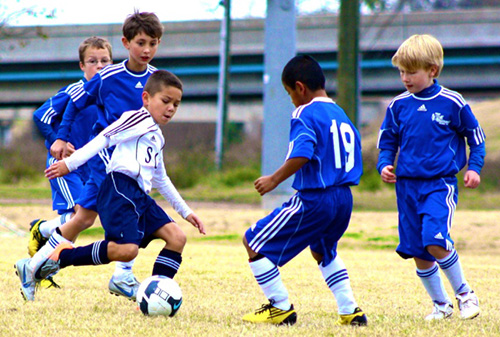
As shown above, there are many factors that can facilitate or impede attention skills, and as coaches we can intervene on them.
Encouraging players to develop their attention skills means to respect each player and their growth time.


